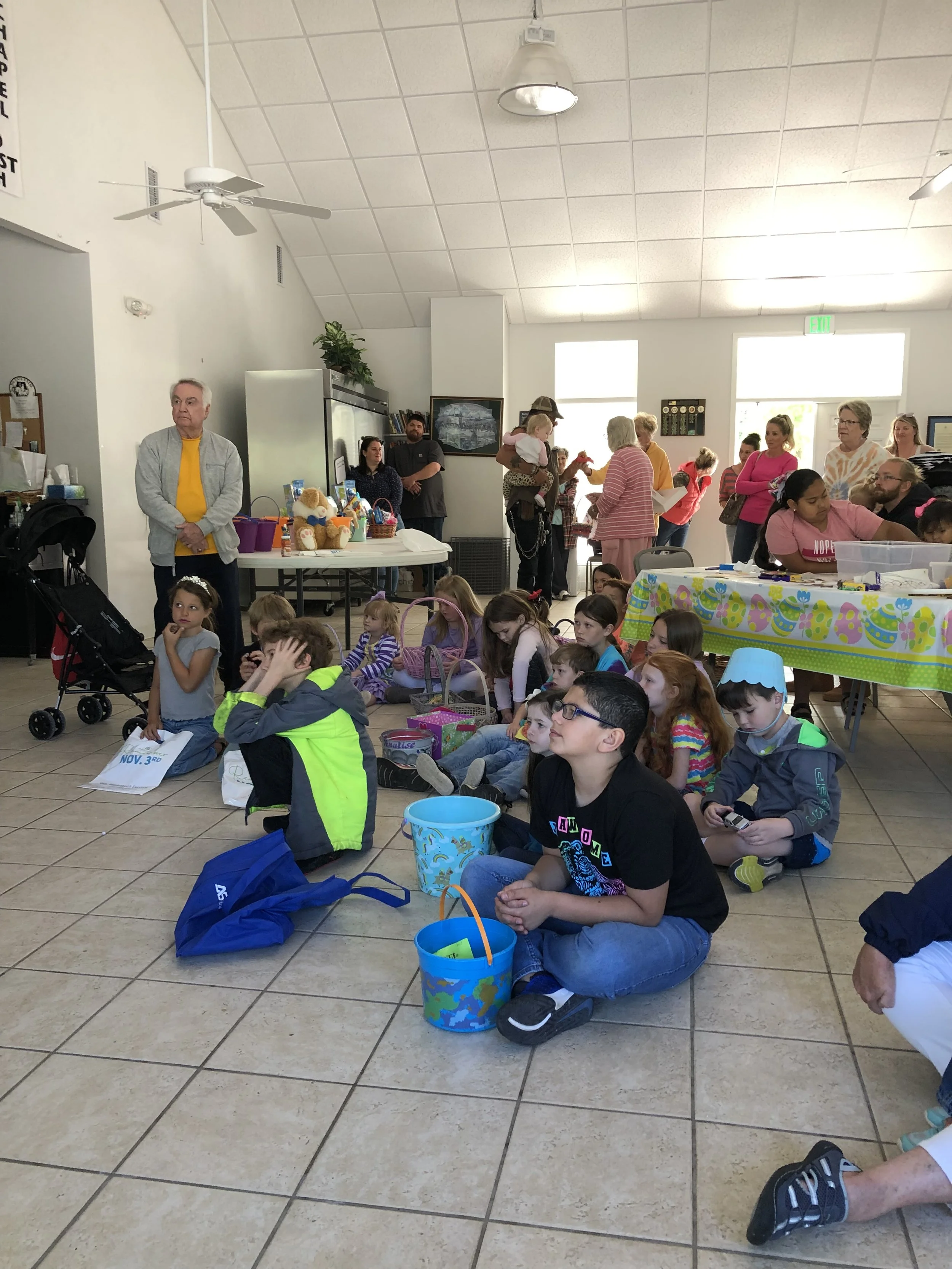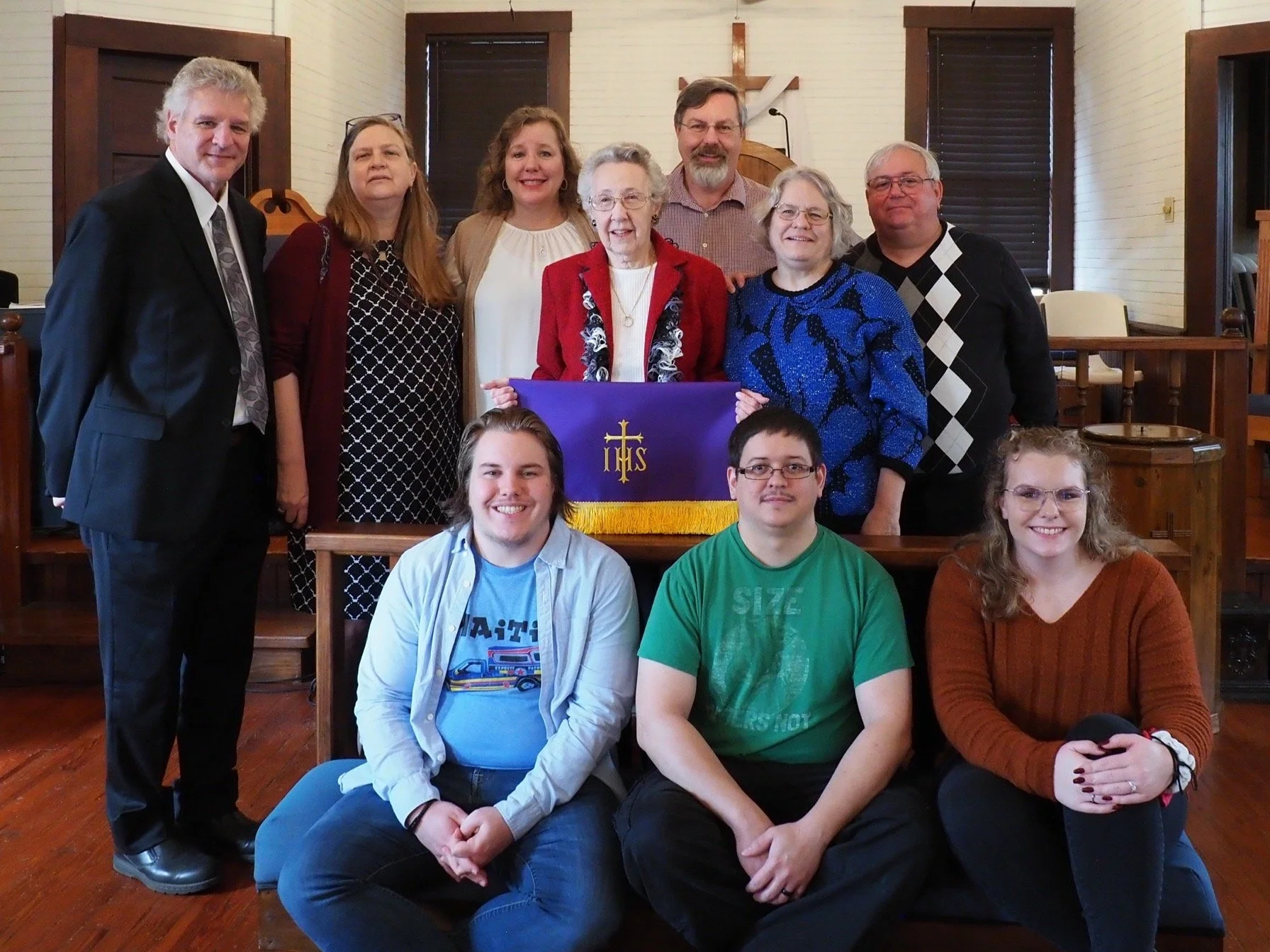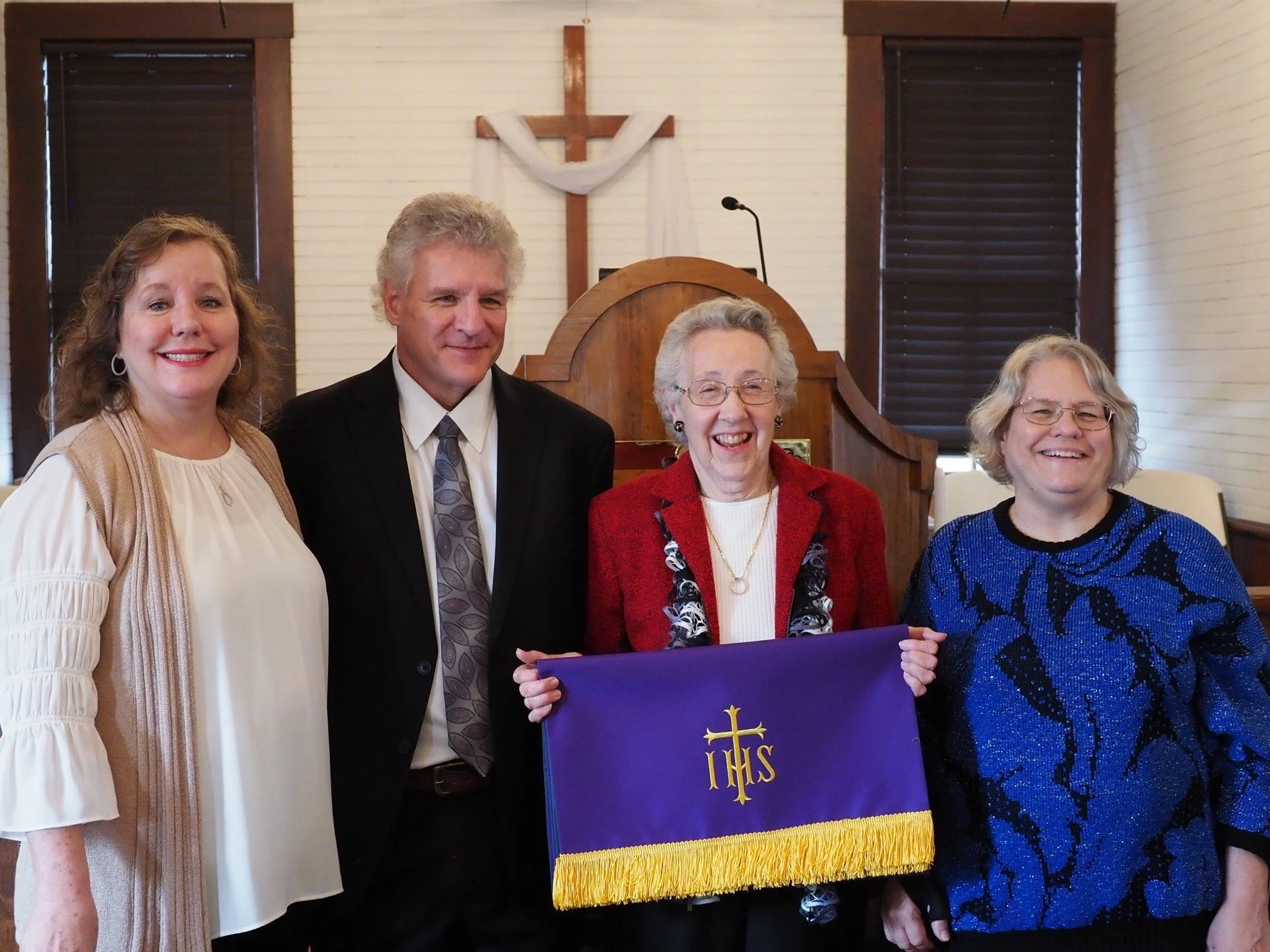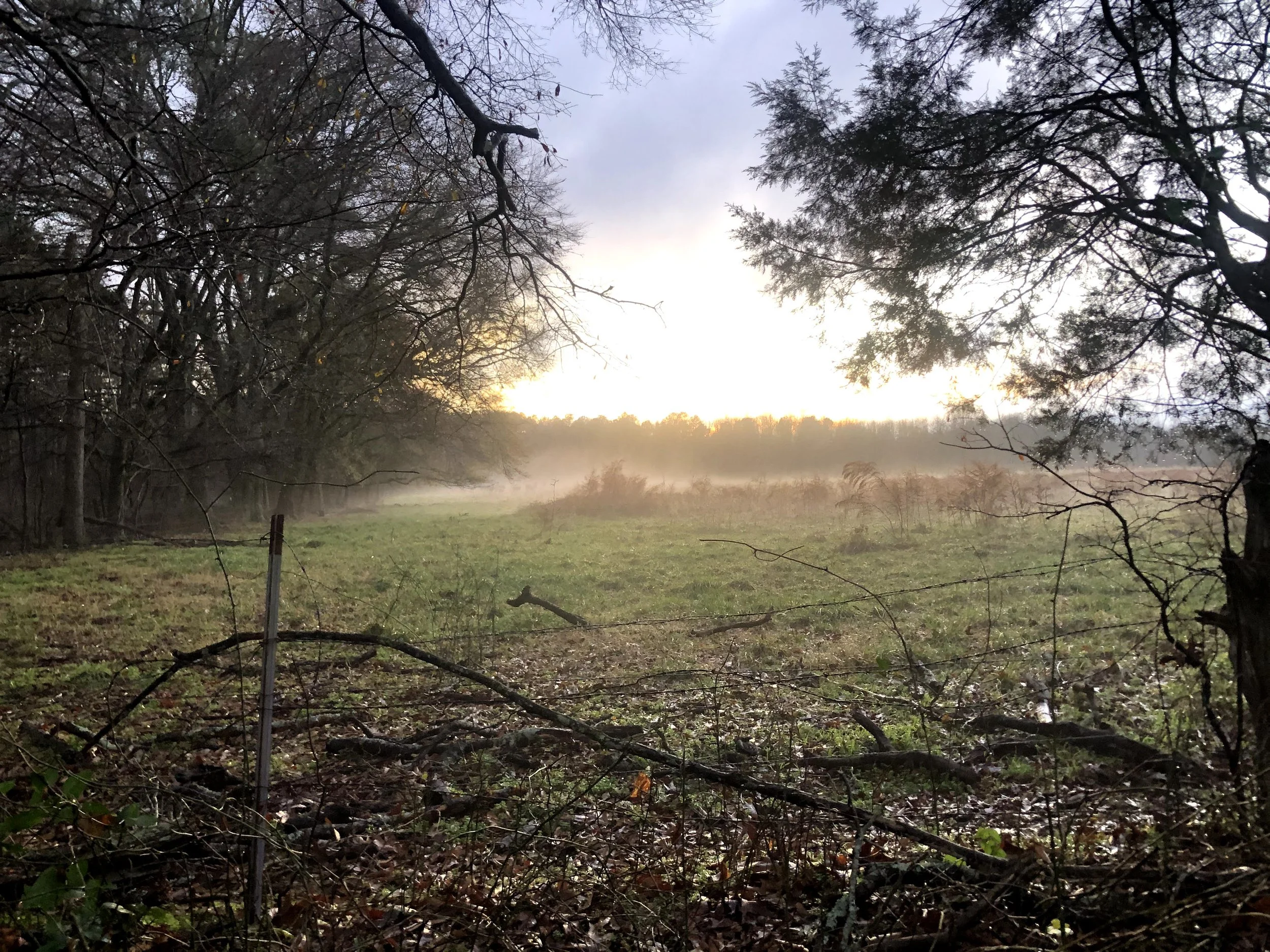YouTube Link to service
🟇
The church family at Morgan’s Chapel
warmly welcomes you to worship this evening.
We also invite you to worship with us
each Sunday morning at 9:30 am.
May we all be blessed this Christmas as we
celebrate the birth of the Christ Child.
🟇
”Thanks be to God for His indescribable gift”
🟇
Offering for United Methodist Children’s Home
At the Christmas season the United Methodist Church
receives a special offering to support the work of
”Embrace Alabama Kids” (formerly known as the United Methodist Children’s Home). Historically, this has been called the ”White Christmas” offering, but in fact these gifts go on giving all year round, providing a safe and loving place to call home to children who have been orphaned, abandoned, or neglected. Our entire offering tonight supports this important ministry.
Offering plates are at the front and back of the
sanctuary to receive your gifts.
🟇
Morgan’s Chapel United Methodist Church
Christmas Eve 2021 🟇 6:00 pm
CHIMING OF THE HOUR
Welcome 🟇 Dr. Ken Moore
Prelude 🟇 Cathy Peterson
Lighting of the Advent Wreath
Joshua and Rachel Martin
#234 “O Come, All Ye Faithful”
Isaiah 9:2, 6-7 🟇 Karen Becht
#211 ”O Come, O Come, Emmanuel” vs 1-4
Mary, Did You Know? 🟇 Randy Smith
Luke 2:1-7 🟇 Jimmy Donaldson
#230 ”O Little Town of Bethlehem”
O Holy Night 🟇 Cathy Peterson
Luke 2:8-20 🟇 Miranda Griffiths
Were You There on That Christmas Night? 🟇 Choir
#246 “Joy to the World”
Matthew 2:1-12 🟇 Dotty Mott
#254 “We Three Kings”
John 1:1-14 🟇 John Bullard
The Mystery of Christmas 🟇 Dr. Ken Moore
Holy Communion
#239 “Silent Night” 🟇 Lighting of the Candles
Benediction
Postlude
🟇
Morgan’s Chapel United Methodist Church
Worship 9:30 am
Bread Ministry 8:00 am Wednesday
6325 Bon Secour Highway / Post Office Box 88
Bon Secour, Alabama 36511 (251) 949-7400
Pastor’s Phone 501 282-8452
Pastor’s Email: drkenmoore@live.com
Church web site: MorgansChapel.org
Church Email: info@morganschapel.org
Facebook: Facebook.com/MorgansChapel
We are called to be the visible love of Jesus Christ
in our community.
🟇
Were You There on That Christmas Night? CCLI Song # 131679 Natalie Sleeth © 1976,
2018 Hope Publishing Company Mary, Did You Know? CCLI Song # 839225 Buddy Greene | Mark Lowry © 1991, 1993 Rufus Music (Admin. by Capitol CMG Publishing) Curb Word Music (Admin. by WC Music Corp.) All other hymns and carols are public domain. Music in this service is covered under Morgan’s Chapel CCLI licenses #20218880 & #11138946 and One License #A-738105.
______________________________________________________
History of Morgan’s Chapel
Morgan’s Chapel had its birth in the mid-1920s when a group of Methodist
men and women organized the first congregation. When the doors
were closed in the 1960s, the building was abandoned.
In 1999, a group of Methodist men and women renovated
and re-opened the church.
It was chartered as Morgan’s Chapel United Methodist Church
at 12:01 AM on January 1, 2000 and became
the “First Church of the New Millennium”.
We believe spiritual needs are met and lives enriched
in a Christ-centered environment of prayer, love, and fellowship.
If you are interested in church membership, please speak with our pastor.

























